WET ARMD
WET ARMD
How It Starts
Wet ARMD usually follows a long period of dry ARMD.
It is much less common than dry ARMD and accounts for only about 10% of ARMD cases. In this condition, abnormal blood vessels develop under the retina (choroidal neovascularisation). These blood vessels leak fluid or blood into the macula, leaving it scarred and causing irreversible damage.
Wet ARMD can develop very quickly and needs immediate treatment to stop the new blood vessels growing, bleeding and leaking. Left untreated, it causes serious damage to the macula. Bleeding can lead to sudden, permanent, and irreversible loss of central vision. In developed countries, wet ARMD is the main cause of vision loss in older adults.
Because of the need for urgent treatment, it is important that anyone with dry ARMD is aware of the risk of developing wet ARMD and remains alert to any signs of sudden deterioration.
Treatments
Until recently, wet ARMD was an untreatable condition. It is only since 2003 that treatments are available, in the form of medications injected into the eye. These medications are known as anti-VEGF (vascular endothelial growth factor) and work against a protein that stimulates new blood vessel growth. By targeting the VEGF, they reduce the growth of the abnormal blood vessels and/or leaking and bleeding. Medications in use include Eylea, Lucentis, Avastin, and Vabysmo, amongst others.
The aim of anti-VEGF treatment is to prevent further damage. However, vision can sometimes even improve. In either case, the sooner you can get treatment, the better the long-term outcome. Timely diagnosis, close monitoring, and prompt treatment give you the best chance of saving your vision. Regular (four-weekly) reviews with imaging and examination are recommended, with injections administered within days if required.
“The clinic where we care about you as well as for you.”
We Have What You Need
Expertise
Highly experienced consultant ophthalmologist specialising in medical retina.
PERSONAL CARE
The same doctor every time for continuity of care and a good patient doctor relationship.
CLOSE MONITORING
Monthly reviews and regular OCT scanning for early identification of disease progression.
THE LATEST TREATMENTS
Access to new treatments currently in development as soon as they are available.
